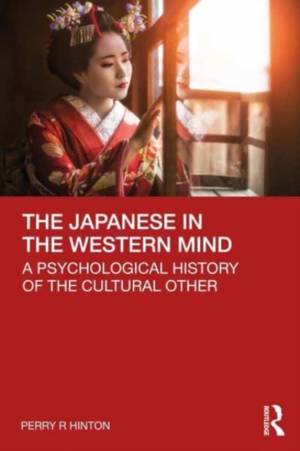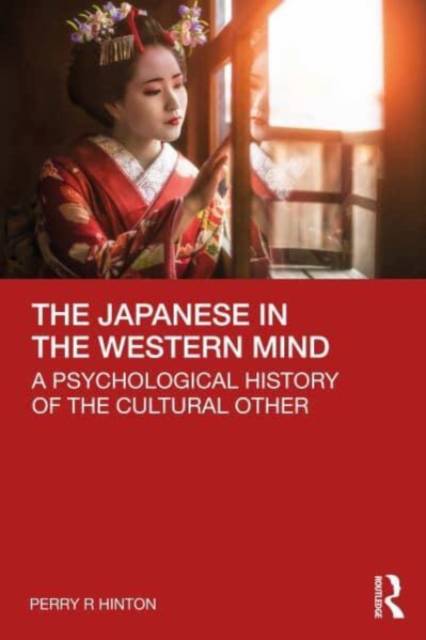
- Afhalen na 1 uur in een winkel met voorraad
- Gratis thuislevering in België vanaf € 30
- Ruim aanbod met 7 miljoen producten
- Afhalen na 1 uur in een winkel met voorraad
- Gratis thuislevering in België vanaf € 30
- Ruim aanbod met 7 miljoen producten
The Japanese in the Western Mind
A Psychological History of the Cultural Other
Perry HintonOmschrijving
This fascinating book is an insightful exploration of Western perceptions and representations of Japanese culture and society, drawing on social and cultural psychological ideas around stereotypes and intercultural relations.
Hinton considers how the West views the Japanese as an ideologically different "other", and proposes a cultural theory of stereotypes from which to explore Western observations of the Japanese. The book explores Western socio-cultural representations of the Japanese alongside Edward Said's well-known theory of Orientalism. It examines the West's intercultural relationship with Japan, and how this has changed over time, to show how the Japanese have been represented in the Western mind throughout history, to the present day. Hinton argues that our view of other cultures is based on our own cultural expectations, which involve complex issues of meaning-making and perceived cultural differences. This book foregrounds the research through accounts of Westerners about the Japanese, to reveal how cultural representations can influence the ways in which people from different cultures communicate in interaction, and how intercultural understanding or misunderstanding can arise.
By reflecting on the changing Western representations of the Japanese, and how and why these have emerged, this book will be of interest to students, academics and general readers interested in stereotypes, cultural psychology, intercultural communication, anthropology and Japanese culture and history.
Specificaties
Betrokkenen
- Auteur(s):
- Uitgeverij:
Inhoud
- Aantal bladzijden:
- 176
- Taal:
- Engels
Eigenschappen
- Productcode (EAN):
- 9780367534677
- Verschijningsdatum:
- 16/06/2023
- Uitvoering:
- Paperback
- Formaat:
- Trade paperback (VS)
- Afmetingen:
- 156 mm x 234 mm
- Gewicht:
- 272 g

Alleen bij Standaard Boekhandel
Beoordelingen
We publiceren alleen reviews die voldoen aan de voorwaarden voor reviews. Bekijk onze voorwaarden voor reviews.











